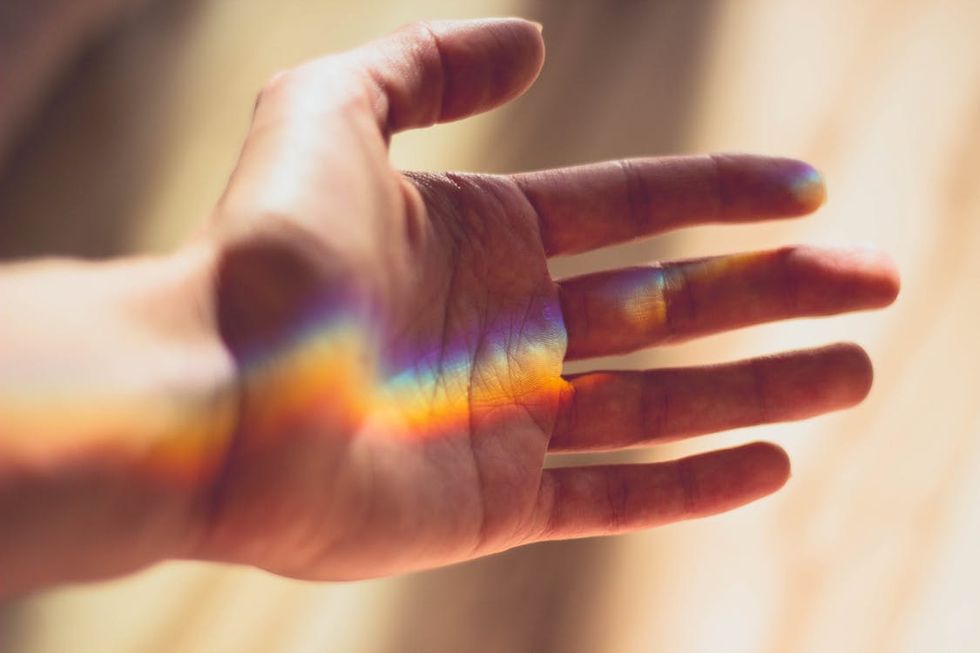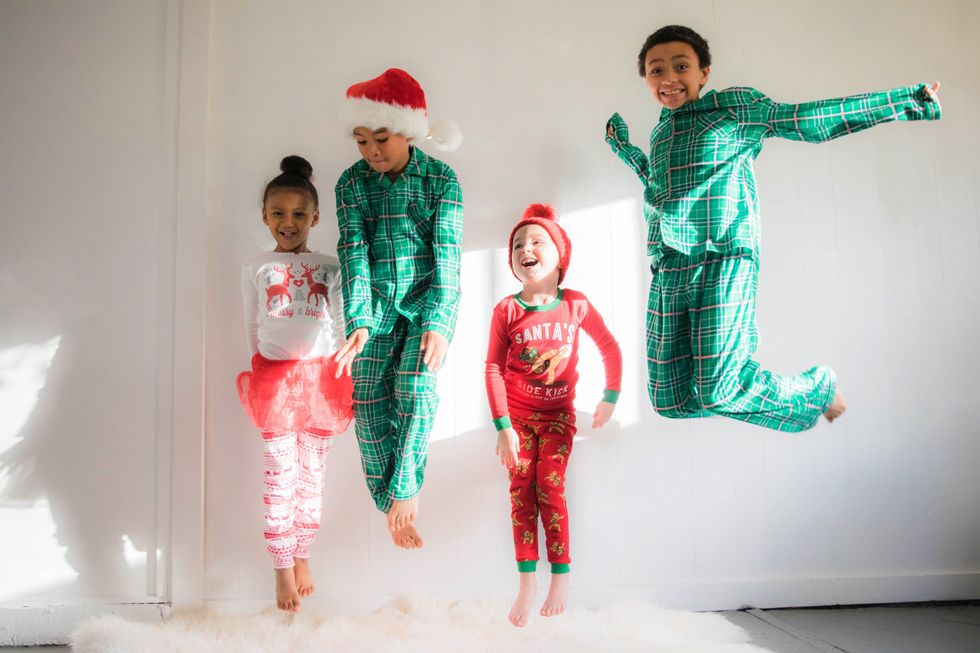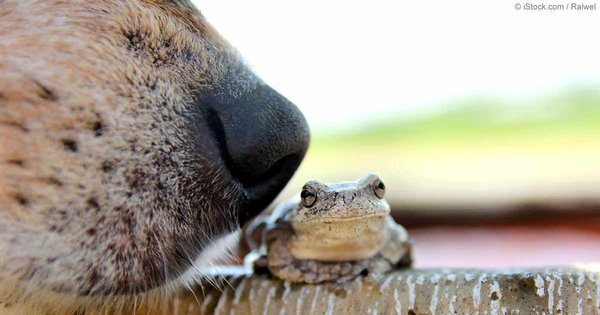Different is good. Different equals unique.
I’ve heard that so many times in my life during application processes, course selections, or even in interviews.
But there’s also another response to being “different.”
We claim to praise and accept one another for individuality, but are most comfortable around familiarity. I find this paradoxical reality interesting, and am guilty of following it too.
---
Earlier this week, I had a volunteering orientation at GiGi’s Playhouse, a facility that works with individuals with Down Syndrome. At the orientation, I met one of the adult participants with Down Syndrome, and immediately froze up.
I didn’t really know how to act without seeming out of place, and didn’t really know what the ‘right’ way of speaking was.
Then, the young woman spoke up, introduced herself while shaking my hand, and said:
It’s nice to meet you!
I was surprised, and more so impressed. It doesn’t seem like much of an interaction, but it was so much more than I expected. Within the five second interval between seeing the young woman and her introducing herself to me, I had created ten approaches on how to start a conversation, and everything that could go wrong by doing so.
As hard as it is to admit, I felt awkward and vulnerable.
---
What people are afraid to admit outright is that all eyes immediately go to the person in the room that is moving around in a wheelchair.
It’s an unspoken social acknowledgement that you’re supposed to smile and look away when you see a person with deformities on his or her face. It’s almost like saying if you pretend that person isn’t different in that particular way, their irregularity doesn’t exist.
What I’m also guilty of is being afraid of saying things like suicide or Parkinson’s Disease or obesity out loud, because saying it out loud is confrontation, and confrontation makes empty words and empty spaces extremely real.
These are all situations in which we battle against the line of claiming to embrace other people and their differences versus shying away from it all and sticking to comfortable utopias.
In my brief encounter at that volunteering orientation, I experienced that battle, because I was so caught up with trying to be a relatable volunteer, but was afraid to even say Down Syndrome out loud.
But I think I’m understanding that feeling raw and out of place is a good thing. It’s pushing me to step well out of that perfect and unbroken circle and experience a more real world.
The young woman I met has Down Syndrome. She doesn’t suffer from a disorder, but instead experiences a much truer world than I have throughout my life. She sees things with such light and love, and appreciates hardship. The reason I’m drawing these conclusions without having interacted with her extensively is because of one thing - she reached out to me first. That is something I was too afraid to do, because I didn’t know how to approach someone “different.”
The truth is, being different makes you no less than anyone, but instead makes your outlook and thoughts powerful.
Being able to both defy and ignore the several stigmas that come with not following the norm takes bravery, and honestly speaks volumes to how we mistakenly draw perfect circles to represent our outlooks and lives. What we should instead be doing is drawing broken and irregular shapes to represent our vulnerability and open-mindedness towards each other’s differences.































